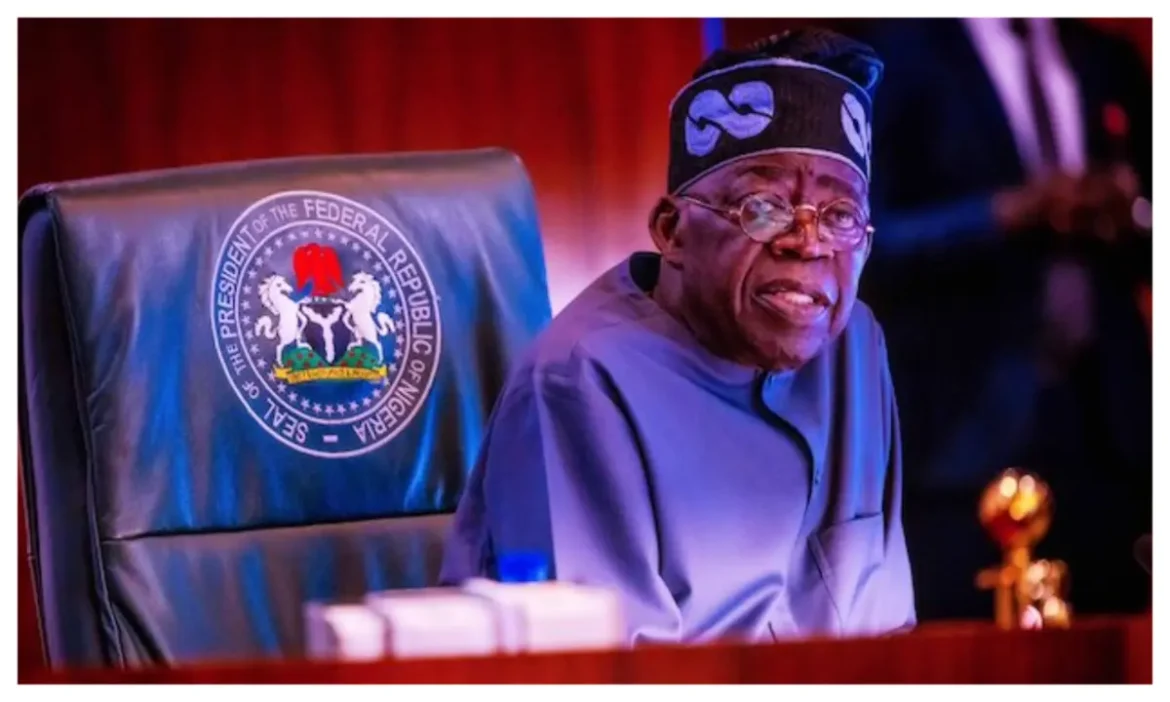The Federal Government plans to increase its borrowing despite a significant 40.5 per cent surge in revenue for the first eight months of 2025. This boost in revenue has largely been driven by substantial gains in non-oil revenue collections, as confirmed in a press statement on Wednesday by Special Adviser to the President on Information and Strategy, Bayo Onanuga.
Based on the figures released by the Presidency, Nigeria’s fiscal performance from January to August 2025 saw total collections reach a record N20.59tn, surpassing the N14.6tn collected during the same period in 2024. It was noted that non-oil revenues now account for 75 per cent of the total collections.
The statement read, “From January to August 2025, total collections reached N20.59tn, a 40.5 per cent increase from N14.6tn recorded in 2024. This strong performance aligns with projections, placing the government firmly on course to achieve its annual non-oil revenue target.”
However, despite these positive developments, Nigeria still faces substantial funding gaps in crucial sectors such as infrastructure, with low capital spending. Local contractors under the All Indigenous Contractors Association of Nigeria, on Wednesday, staged a protest at the Headquarters of the Ministry of Finance in Abuja, to demand payment for capital projects executed in 2024, amounting to about N4tn.
To address these funding gaps, the government plans to borrow locally and domestically despite an earlier claim by President Bola Tinubu on Tuesday in Abuja that Nigeria had met its revenue target for 2025 ahead of schedule and would no longer rely on borrowing to fund its budget.
On Thursday, The PUNCH gathered that the World Bank is expected to approve loans totalling $1.75bn before the end of the year to support key development projects in Nigeria, according to official data obtained from the bank’s official website. These loans will finance several key initiatives, including projects in agriculture, health, and digital infrastructure.
One of the major projects set to benefit from this financial backing is the Nigeria Sustainable Agricultural Value-Chains for Growth project, which will receive $500m. This initiative is aimed at improving agricultural productivity and integrating value chains to support rural development and economic diversification. The project is currently in the Concept Review phase, with approval expected on December 11, 2025.
Another project, the Building Resilient Digital Infrastructure for Growth, which has a commitment of $500m, aims to enhance Nigeria’s digital infrastructure and foster economic growth, particularly in the technology sector. The project is currently in the Begin Negotiation phase, with approval scheduled for October 31, 2025.
Similarly, the Health Security Programme in Western and Central Africa, Nigeria – Phase II, will receive $250m to strengthen Nigeria’s health systems and improve the country’s preparedness for health emergencies. This project is also in the Begin Negotiation phase, with approval expected by September 30, 2025.
Lastly, the Fostering Inclusive Finance for MSMEs in Nigeria project, which aims to improve access to finance for small and medium-sized enterprises, will be allocated $500m. This project is in the Concept Review phase, with approval set for December 18, 2025.
Collectively, these projects comprise the $1.75bn in loans expected to be approved by the World Bank before the end of the year. The PUNCH earlier reported that the World Bank approved a total of $8.40bn in fresh loans to Nigeria over the past two years, according to data obtained from the bank’s official website.
The approvals, covering the period from June 2023 to August 2025, spanned 15 projects in the energy, education, healthcare, rural infrastructure, and governance sectors. The amount comprises $1.95bn from the International Bank for Reconstruction and Development and $6.50bn from the International Development Association.
The International Bank for Reconstruction and Development provides loans on commercial or near-commercial terms to middle-income and creditworthy low-income countries, while the International Development Association offers highly concessional loans and grants to the world’s poorest nations.



